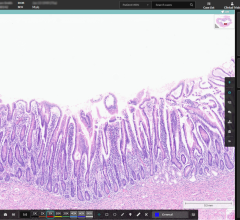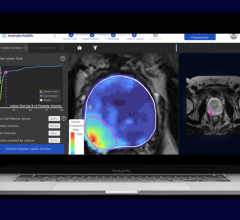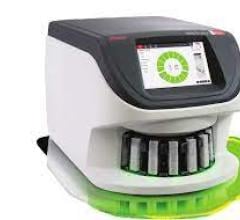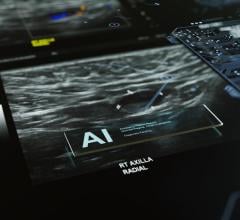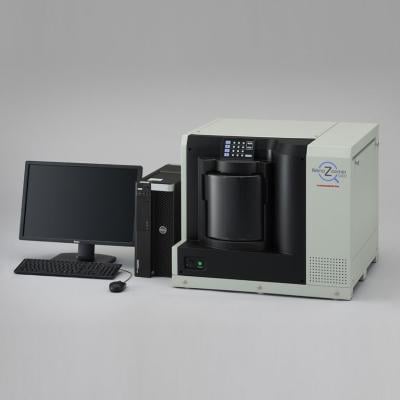
December 17, 2021 — Hamamatsu Photonics K.K., a leading provider of whole slide imaging systems, is working with Techcyte, a leading provider of a clinical pathology A.I. platform, to advance clinical pathology by improving whole slide imaging of non-histology samples.
Digital pathology is generally associated with anatomic pathology and histology. However, the ability to scan non-histology samples will help medium- and high-throughput laboratories maximize the utility of whole slide scanners. Furthermore, advances in artificial intelligence (AI) are increasing the accuracy and efficiency of anatomic and clinical pathology tests.
Unlike histology slides, slides prepared with liquids and smears can be extremely difficult to digitize because they can be sparse and non-uniform. To overcome these obstacles and expand the scanning capability, Techcyte uses Hamamatsu's API (application programming interface) to improve the scanning of human and vet fecal samples, blood smears, pap smears, bacteriology samples, and airborne mold. The Hamamatsu API enables Techcyte to use A.I. and computer vision techniques to pre-scan and locate optimal scan regions to improve focus. This new approach increases the quality and decreases the file size of the resulting image, further improving the upload and analysis time.
The collaboration between Hamamatsu and Techcyte will first be used in labs to digitize and identify human fecal ova & parasites, cervical cytology, and mold samples, with other sample types and tests to follow quickly. Ben Cahoon, CEO of Techcyte, stated, "Great A.I. algorithms and workflows depend on great images, so collaborating with Hamamatsu to improve whole slide imaging is critical to our success. Hamamatsu's willingness to share their scanner API sets the example of how the two industries can collaborate to improve human health."
Scott Blakely, Business Development Manager at Hamamatsu, stated that, "This collaboration will grow the opportunity where our high-volume scanners can be used to benefit labs, and ultimately the patient, with quicker and more accurate results."
For more information: www.nanozoomer.com


 May 16, 2024
May 16, 2024 
